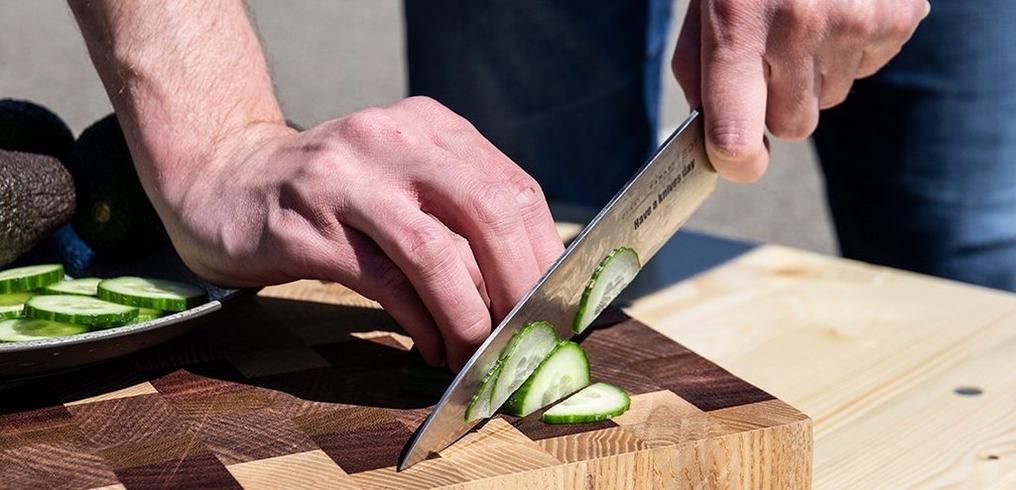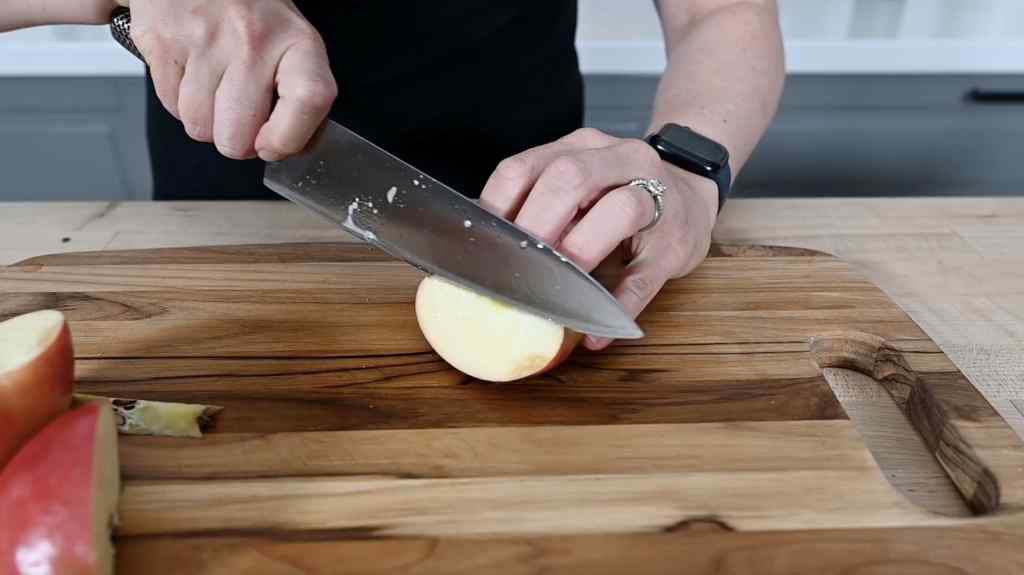In the world of culinary arts, precision and efficiency are paramount. For kitchen professionals who strive for excellence in their craft, the German boning knife is an indispensable tool. Renowned for its sharpness, durability, and versatility, this knife is a staple in professional kitchens worldwide. Whether you are a seasoned chef or an aspiring cook, understanding the value of a German boning knife can elevate your culinary skills to new heights.
The primary keyword, German boning knife, plays a crucial role in enhancing your food preparation experience. With its razor-sharp blade and ergonomic design, this knife is engineered to excel in delicate tasks such as filleting fish, deboning meat, and trimming fat. The precision it offers is unmatched, making it a must-have for those who take pride in their culinary creations.

Understanding the Design and Features of a German Boning Knife
One of the remarkable features of a German boning knife is its design. Crafted with a narrow, flexible blade, it allows chefs to maneuver around bones and joints effortlessly. The blade's flexibility ensures that you can achieve clean cuts without damaging the meat. Furthermore, the ergonomic handle provides a comfortable grip, reducing hand fatigue during prolonged use.
German knives are known for their high-carbon stainless steel construction, which enhances their durability and resistance to corrosion. This ensures that your knife remains sharp and reliable, even after frequent use. The meticulous craftsmanship that goes into creating these knives is a testament to the rich history of German knife-making. To learn more about the history of German knife-making, you can visit this [blog](https://germancut.de/en/blog/blog-chefs-knives-made-in-solingen-the-history-of-german-knife-making/) by GermanCut.
Choosing the Right German Boning Knife for Your Kitchen
Selecting the right German boning knife is essential for achieving optimal results in the kitchen. Consider the blade length, which typically ranges from 5 to 7 inches, depending on your specific needs. A shorter blade is ideal for intricate tasks, while a longer blade offers more versatility for larger cuts of meat.
When purchasing a German boning knife, look for reputable brands known for their quality and craftsmanship. Companies like Wsthof and Zwilling J.A. Henckels have built a reputation for producing top-notch knives that meet the demands of professional chefs. Additionally, investing in a knife with a full-tang construction ensures better balance and control, enhancing your overall cutting experience.
Maintaining Your German Boning Knife for Longevity
Proper maintenance is key to preserving the sharpness and longevity of your German boning knife. Regularly sharpening the blade using a sharpening stone is essential to maintain its edge. For detailed instructions on how to sharpen your knife, you can refer to our guide on [using a sharpening stone](https://knives.shop/blogs/kitchen-knives/how-to-use-a-sharpening-stone).
In addition to sharpening, it's crucial to clean your knife properly after each use. Avoid using harsh detergents or abrasive materials that can damage the blade. Instead, wash it with mild soap and warm water, then dry it thoroughly to prevent moisture-related issues. For more tips on cleaning your German knives, visit this [Wsthof blog](https://www.wusthof.com/blog/how-to-clean-your-wusthof-knives).
Integrating a German Boning Knife into Your Culinary Practices
Incorporating a German boning knife into your culinary practices can transform the way you approach food preparation. Its precise cuts and versatility allow you to create beautifully presented dishes with ease. Whether you're deboning a chicken or filleting a delicate fish, this knife empowers you to execute each task with finesse.
Furthermore, the skills you develop while using a German boning knife can enhance your overall knife proficiency. As you become more adept at handling intricate cuts, you'll find yourself more confident in tackling complex recipes. For more insights on maximizing your knife skills, explore our article on [German carving knives](https://knives.shop/blogs/kitchen-knives/german-carving-knife).

FAQs
What is the main advantage of using a German boning knife?
The primary advantage of a German boning knife is its precision and flexibility, allowing chefs to perform delicate tasks such as deboning meat and filleting fish with ease.
How often should I sharpen my German boning knife?
It's recommended to sharpen your German boning knife regularly, depending on usage. For professional chefs, sharpening every few weeks is advisable. For more details, check our article on [knife sharpening frequency](https://knives.shop/blogs/kitchen-knives/german-knife-sharpening-frequency).
Can I use a German boning knife for other kitchen tasks?
Yes, while primarily designed for deboning, a German boning knife is versatile enough for other tasks such as trimming fat and cutting small fruits and vegetables.
In conclusion, the German boning knife is an essential tool for kitchen professionals who value precision and efficiency. Its design, durability, and versatility make it a worthwhile investment for anyone passionate about culinary excellence. By understanding its features and maintaining it properly, you can elevate your cooking skills and create exceptional dishes with confidence.


























